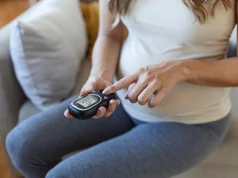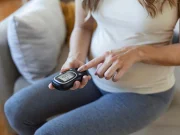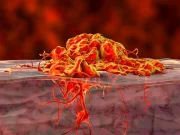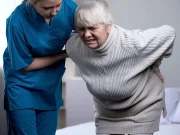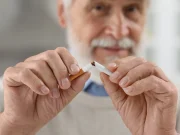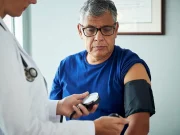Neither vigorous nor nonvigorous exercise was superior in any of the groups or subgroups examined
By Elana Gotkine HealthDay Reporter
WEDNESDAY, July 31, 2024 (HealthDay News) — For individuals with phenotypic or genotypic long-QT syndrome (LQTS), LQTS-associated cardiac event rates are low and do not differ for those exercising vigorously or nonvigorously, according to a study published online July 25 in Circulation.
Rachel Lampert, M.D., from the Yale School of Medicine in New Haven, Connecticut, and colleagues enrolled individuals aged 8 to 60 years with phenotypic or genotypic LQTS from 37 sites in five countries in the National Institutes of Health-funded LIVE-LQTS study. Participants or parents answered questions about physical activity and clinic event surveys every six months for three years to examine whether vigorous exercise increases the risk for ventricular arrhythmias. Data were included for 1,413 participants, 52 percent of whom participated in vigorous exercise (55 percent competitively).
The researchers found that 37 individuals experienced the composite end point of sudden death, sudden cardiac arrest, ventricular arrhythmia treated by an implantable cardioverter defibrillator, and likely arrhythmic syncope, with overall event rates of 2.6 and 2.7 percent at three years in the vigorous and nonvigorous exercise groups, respectively. For the vigorous group versus the nonvigorous group, the unadjusted hazard ratio for experience of events was 0.97 (95 percent confidence interval, 0.57 to 1.67) and the adjusted hazard ratio was 1.17 (95 percent confidence interval, 0.67 to 2.04). In none of the groups or subgroups was vigorous or nonvigorous exercise found to be superior.
“These data can inform individualized shared decision-making conversations between patients and physicians on vigorous exercise participation in the context of overall expert assessment and management of LQTS,” the authors write.
Several authors disclosed ties to the pharmaceutical and medical device industries.
Copyright © 2024 HealthDay. All rights reserved.


